Outsourcing is powerful.
When done well, it relieves you of the burden of tasks that are currently slowing you down.
By doing so, outsourcing empowers you to boost productivity and focus more of your time, energy, and effort on the areas where you create unique value in your business.
Outsourcing isn’t always easy. It takes skill and experience to find the right external partner for your needs.
Here’s a list of the top outsourcing problems and mistakes we often see companies make when hiring VAs or other contract help.
Note: Need help finding an amazing VA or an outsourced resource? At Remote Coworker, we’re experts at helping you find professionally-trained virtual assistants!
1. Poor fit with company culture
“Culture fit is invisible — and often the biggest cause of employee frustration.” — Moe Carrick and Cammie Dunaway
Describing a company’s culture isn’t easy. But everyone who works for you feels it. Make sure the people you choose as outsourcing partners won’t disrupt your company’s vibe.
That doesn’t mean your culture has to perfectly match your outsourcing partner’s culture. For example, if your company has a more relaxed attitude toward deadlines, but you need help with bookkeeping and payroll, you may look for an external resource that is very strict about deadlines.
That arrangement could give you a complementary fit for the outsourcing project, even though the internal cultures are different between the two partners.
The reverse is also true.
If you outsource a task or project that must be done on time, but your external partner doesn’t value timeliness, it’s very likely to cause frustration for your current in-house team — and fast.
2. Impact on existing employees
“Culture is not about words or what you talk about. Culture is about behaviors and actions.” — Daniel Coyle
Imagine you hire an outsourcing partner to supplement your development team’s bandwidth, but the external vendor you choose doesn’t value timeliness or communication, creating a culture mismatch like the one mentioned above.
Things go well for the first few weeks, but then the partner suddenly goes unresponsive, and the workload is in danger of not being completed.
Your internal team steps in to save the day — working long hours to complete the project.
These experiences can destroy morale for your current team. And it’s why it is essential to consider the potential impact on your existing employees before choosing an outsourcing partner.
3. Outsourcing your core expertise
“Do what you do best and outsource the rest.” — Peter Drucker
Be careful outsourcing responsibilities in your core areas of expertise.
Every company has a core set of capabilities that provide its competitive advantage. For example, let’s imagine you run an e-commerce startup that quickly becomes known for an innovative recommendation engine.
Your customer base is growing rapidly, putting the engineering team under tremendous pressure.
To speed up development, you decide to outsource the entire next iteration of its recommendation engine to an external development partner.
The partner’s team builds and delivers the version on time, but now you have a problem: The outsourced team is the only group that knows how the new system works.
Now your company isn’t just outsourcing its code. It’s outsourcing its core competencies.
Outsourcing can absolutely accelerate progress in core areas, but make sure you maintain control over direction, standards, and knowledge transfer.
4. Lack of clear expectations
“Unspoken expectations are premeditated resentments.” — Neil Strauss
If it’s true with employees, it’s even more true with virtual assistants and outsourced partners — clear expectations are a prerequisite for success.
One mistake we see often is hiring a VA without knowing exactly what the VA will be doing. For example, an executive might feel overwhelmed by her schedule, so they seek out a VA “to help me get organized" rather than to take over a specific set of responsibilities.
That’s a recipe for frustration, waste, and outsourcing failure.
5. Lack of training
“The only thing worse than training employees and losing them is not training them and keeping them.” — Zig Ziglar
Your VA might be a hard worker and skilled at a variety of general tasks, but that doesn’t mean you can neglect training. External partners still need to know how you do things.
Training doesn’t have to be days of instruction or require hours of your time.
Loom videos, checklists, and short collaboration calls can be a great help in the early days of your collaboration.
6. Becoming too dependent on the outsourced partner
“Unless handled carefully, there is a danger that an outsourcing arrangement that delivers gains in the short term could, over time, create an unhealthy dependency, eroding competitive advantage and strategic options.” — Calin Buia, Christiaan Heyning, and Fiona Lander, in an article for McKinsey
Quality outsourcing services should help you increase velocity, not create a hidden risk that could cripple your business.
What happens if you suddenly lose a VA? Will your business crumble while you scramble for a replacement?
Design your relationships intentionally to avoid becoming dependent on any one outsourced partner, including outsourcing companies.
- Document your processes
- Create a backup outsourcing plan
- Cross-train internal staff
This way, if you do lose an external resource, it won’t destroy your business. Instead, you’ll be able to find someone new and get them up to speed quickly.
7. Not having an outsourcing contract
“The beginning of wisdom is to define.” – Aristotle
A handshake agreement might feel good, but it’s a recipe for future outsourcing challenges. Consult an attorney for a thorough review of a contract of course, but a basic contract doesn’t need to be complicated.
The point is to document the fundamentals of the relationship, which often include:
- Scope of work
- Timelines
- Deliverables
- Cost
- Payment terms
- Ownership
- Confidentiality
- Exit strategy for the engagement if needed
By documenting the expectations — in print — both sides can get to work knowing what’s expected of them.
8. Unrealistic deadlines
“I love deadlines. I love the whooshing noise they make as they go by.” — Douglas Adams
If you need a VA, we don’t recommend hiring people like famous author Douglas Adams. 😆
At the same time, having unrealistic deadlines sets you and your VA up for failure.
Here’s a best practice you can steal from us. Start with a small, well-scoped task your new VA can complete in a few hours if possible — a few days at the most.
This will give you and your VA a sense of what it’s like to work together, and how quickly you need them to deliver their work. You can both adjust your expectations from there as you get used to working together.
9. Scope creep
“There is no such thing as scope creep, only scope gallop.” – Cornelius Fichtner, Project Management Trainer & Author
Scope creep is one of the most common causes of conflict between clients and an outsourced partner.
Scope creep rarely happens all at once. It’s usually “just a quick revision” or “could you also help with this?” But those one-off tasks that weren't in the original agreement add up fast.
Contractors want to be helpful. Internal stakeholders want momentum. But asking “can you do this one extra thing?” too often is a fast way to create resentment, and your new VA may soon be looking for work elsewhere.
10. Unexpected costs
"Price is what you pay. Cost is what you spend. Value is what you get." – Alan Weiss
Additional rounds of revision, expanded scope, change requests, additional tools, extra onboarding time, project management hours — they all add up.
The solution isn’t to prohibit your partner from doing what you need them to do. It’s to establish transparency from the beginning of the relationship.
If needed, get itemized pricing. Clarify what gets billed and what doesn’t. Ask how they handle revisions.
Doing so will help you prevent surprise expenses on your next invoice.
11. Poor communication (both ways!)
“The single biggest problem in communication is the illusion that it has taken place.” – George Bernard Shaw
Most breakdowns in the workplace come down to failed communications. It’s no different for outsourced contractors.
We recommend creating a clear cadence of communications.
Some clients like receiving a brief summary of work completed each day. Others look for updates weekly or on some other regular cadence.
Shared dashboards, project management tools, and working documents also make it much easier for everyone involved to keep track of what’s happening.
12. Security risk
“Risk comes from not knowing what you’re doing.” — Warren Buffett
Any time you give an external partner access to systems, tools, or data, you introduce data security concerns.
That doesn’t mean you can’t outsource while maintaining cybersecurity. It means you need an organized system of what gets shared and how that information gets transferred.
Create limited access logins for the tools you’ll be sharing with your VA. Create shared folders and unique logins that limit access to data and data management tools. And whatever you do — don’t share passwords to critical systems.
Most data breaches happen due to a weakness in human security — not a weakness in digital infrastructure.
13. Language barriers
“I have never been lost, but I will admit to being confused for several weeks.” — Daniel Boone
Even when both parties speak the same language, communication nuances between people who live in different parts of the world are common.
Culture-specific turns of phrase, in particular, create significant challenges.
“Moving the goalposts,” makes perfect sense in the U.S., for example. But for someone who has no knowledge of U.S. football, the phrase may be completely nonsensical.
Do what you can to speak directly and clearly. And encourage clarifying questions. That little bit of upfront work can save you all kinds of headaches.
14. Cultural barriers
“Facts do not cease to exist because they are ignored.” ― Aldous Huxley
It’s not just language barriers that cause confusion across cultures.
Customs and traditions in different parts of the world vary wildly. When you outsource work, you are likely to run into these differences in everything from how feedback is delivered to how quickly people speak up when they have a problem.
Build cultural literacy into your relationship from the start. Learn how your new partner approaches their work, when they’re available, and how they prefer to work (collaborative, individually, etc.).
If your outsourced partner will be working with customers through systems such as live chat or email, take the time to train them on cultural norms for your customers.
There will always be unintended friction. But respecting each other’s differences will go a long way toward creating the goodwill you need for a successful relationship.
15. Time zones
“Better three hours too soon than a minute too late” — William Shakespeare
Clear communication is the difference between success and failure when working across time zones.
If you are someone who wants your VA to always be around to “jump on a call and talk it through,” then we don’t recommend hiring a VA from halfway around the world.
But if you communicate well in writing and the work you need can be completed independently, outsourcing to other time zones can be a major advantage.
In many situations, you can create a 24-hour production cycle where work moves forward while you sleep.
A pro tip from us?
Many outsourcing relationships benefit from having a few hours of overlap where the parties can communicate in real time (or near real time) each day.
This eliminates the need to wait half a day to get an answer to a question or get aligned about a project plan.
16. Juggling multiple vendors
“Let us ask our suppliers to come and help us to solve our problems.” — W. Edwards Deming
Beware the complexity that comes from working with too many outsourced partners.
Before you know it, a good chunk of your day is spent writing emails, responding to Slack threads, or jumping on calls with your VA team. And you’re not getting the time you need to do the work that only you can do.
Whenever possible, increase the scope of an existing vendor (or vendor company) before looking to bring on an additional resource.
17. Turnover among outsourced staff
“Great people are hard to find, so make sure you think about how to keep them.” — Ray Dalio
Outsourcing doesn't eliminate turnover risk. It just moves the risk from your internal team to your external contractors.
With outsourced partners, there are more reasons than “I found a new job” that might lead to turnover. These include:
- Agencies shuffle talent
- Freelancers adjust their client load
- Offshore teams rotate their staff
We strongly recommend asking about continuity up front when choosing an outsourcing partner.
- Do they document work?
- Do they train backups?
- Do you get a say in staffing changes?
A stable partner will have a plan to continue supporting you even if they lose or move someone you’re working with today.
18. Turnover on your staff
“People leave managers, not companies.” — Marcus Buckingham
We’ve seen internal employees who feel threatened, sidelined, or overburdened by the integration of an external team.
When that happens, resentment builds. And resentment often leads to turnover in your workforce.
Internal communication is critical. Explain why outsourcing is happening, involve your team in the selection process, and make sure they know their role is safe even as you’re bringing on external resources.
19. Locked in processes (rather than continuous innovation)
“If you don't innovate, you die.” — Robert Iger
Stagnation is a business killer.
Sometimes, businesses that outsource a task inadvertently lock in a workflow for years without having a process for continuous improvement.
“That’s how the vendor does it,” becomes an excuse for complacency, even if those processes have become antiquated.
Build innovation into the process whenever you hire an external resource. Review your workflows on a regular basis. Talk about what could be improved.
The best external partners are constantly innovating, then sharing their learnings across clients so everyone benefits.
20. Legal and compliance headaches
“If you think compliance is expensive, try non-compliance” — former US Deputy Attorney General Paul McNulty
Depending on your industry, outsourcing can introduce complex compliance obligations. To name just a few:
- Data loss
- Privacy laws
- Employment regulations
- Industry standards
- Export controls
If a partner mishandles sensitive information, for example, the liability could fall on you.
Talk to your lawyer to ensure you remain compliant. And make sure you have a strong understanding of the relevant regulations and that your partner can also demonstrate compliance.
21. Brand reputation risk
“Even a great brand needs investment and caring.” — Steve Jobs
If an external partner gives your customer a poor experience, that reflects poorly on you, not just them.
This is a common problem with outsourcing efforts, especially with tasks such as customer service or sales.
It can also be a problem with more technical projects like software outsourcing. If outsourced developers fail to grasp the goals of your project, you might end up with software that delivers an inconsistent experience across different areas.
For all these reasons, the training, transparency, and communication standards we discussed above are vital to the success of your project. Without them, outsourcing mistakes can be a much bigger risk for your brand’s reputation.
Outsourcing for success!
Outsourcing is a tool, not a magic wand.
To help you avoid the above outsourcing pitfalls, we recommend that you:
- Define a clear onboarding process for VAs
- Document your processes
- Align often on expectations
- Communicate clearly and often
- Work with outsourcing experts to help you make the best choice for your situation
Get those elements right and outsourcing becomes a competitive advantage that can (finally!) free you up to spend more time on the things that matter most.
Note: Considering an outsourcing provider but not sure where to start? Remote Coworker can help! Our plans start at $7.99 per hour.
.svg)




















.svg)

.svg)
.svg)




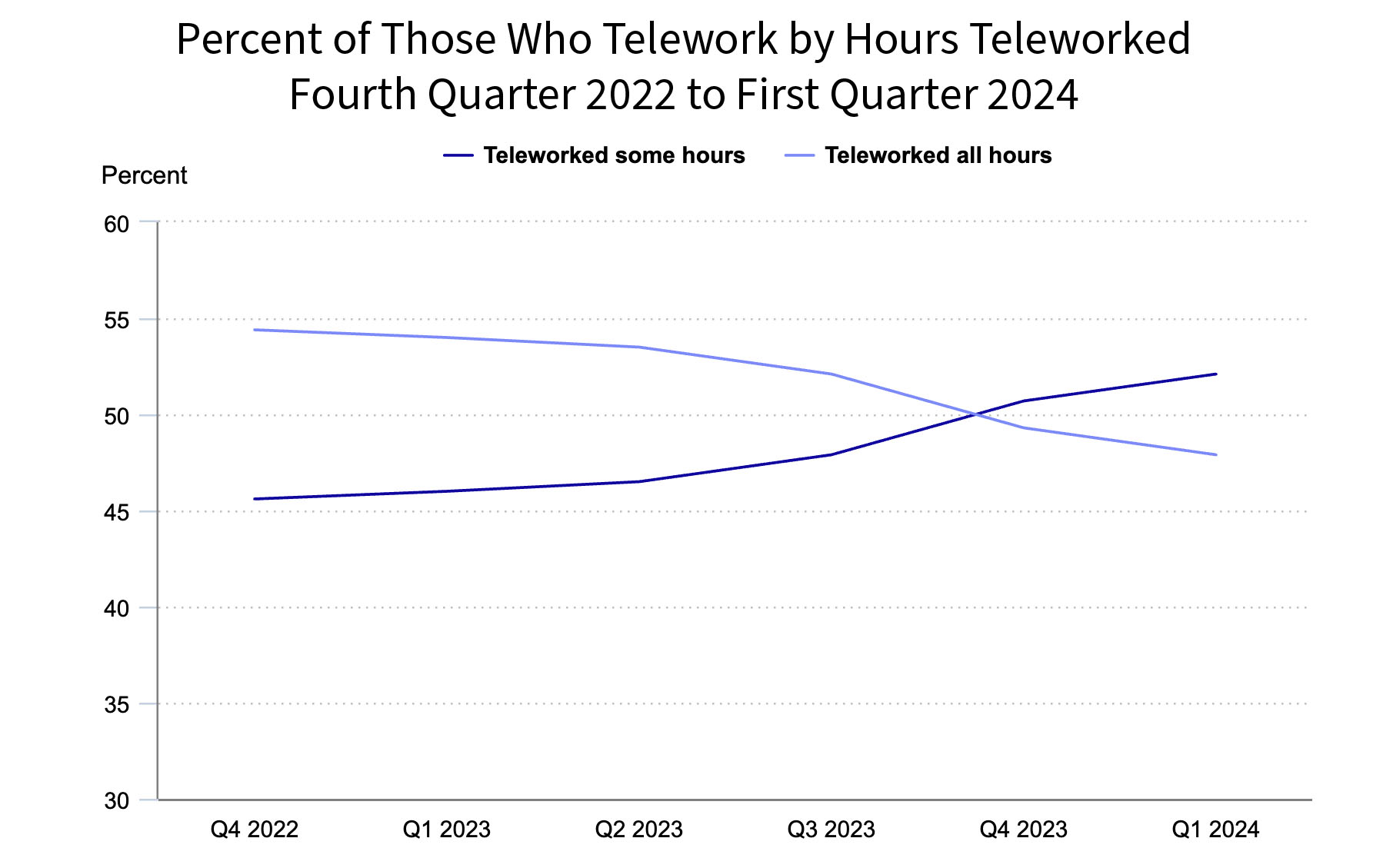


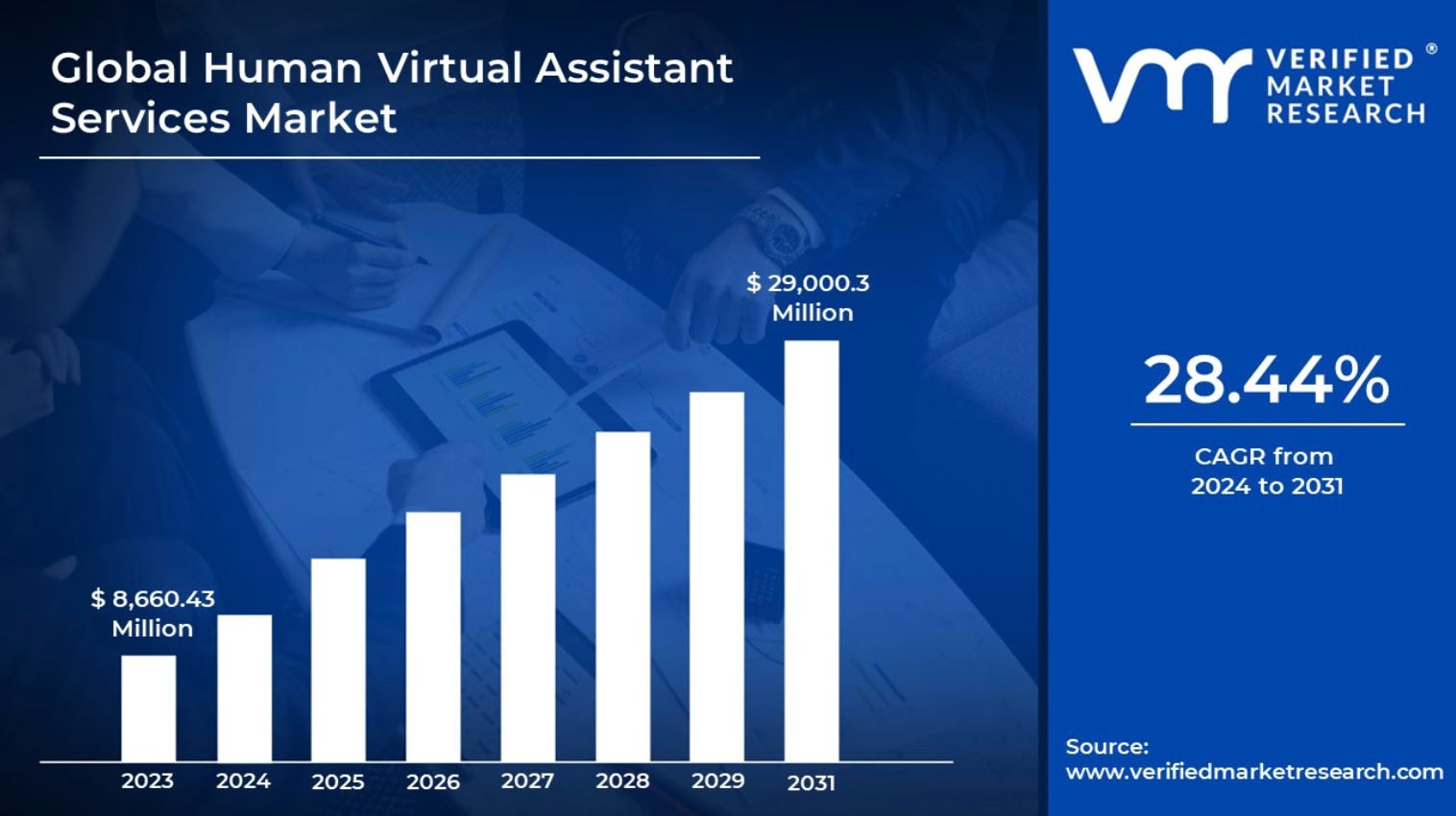

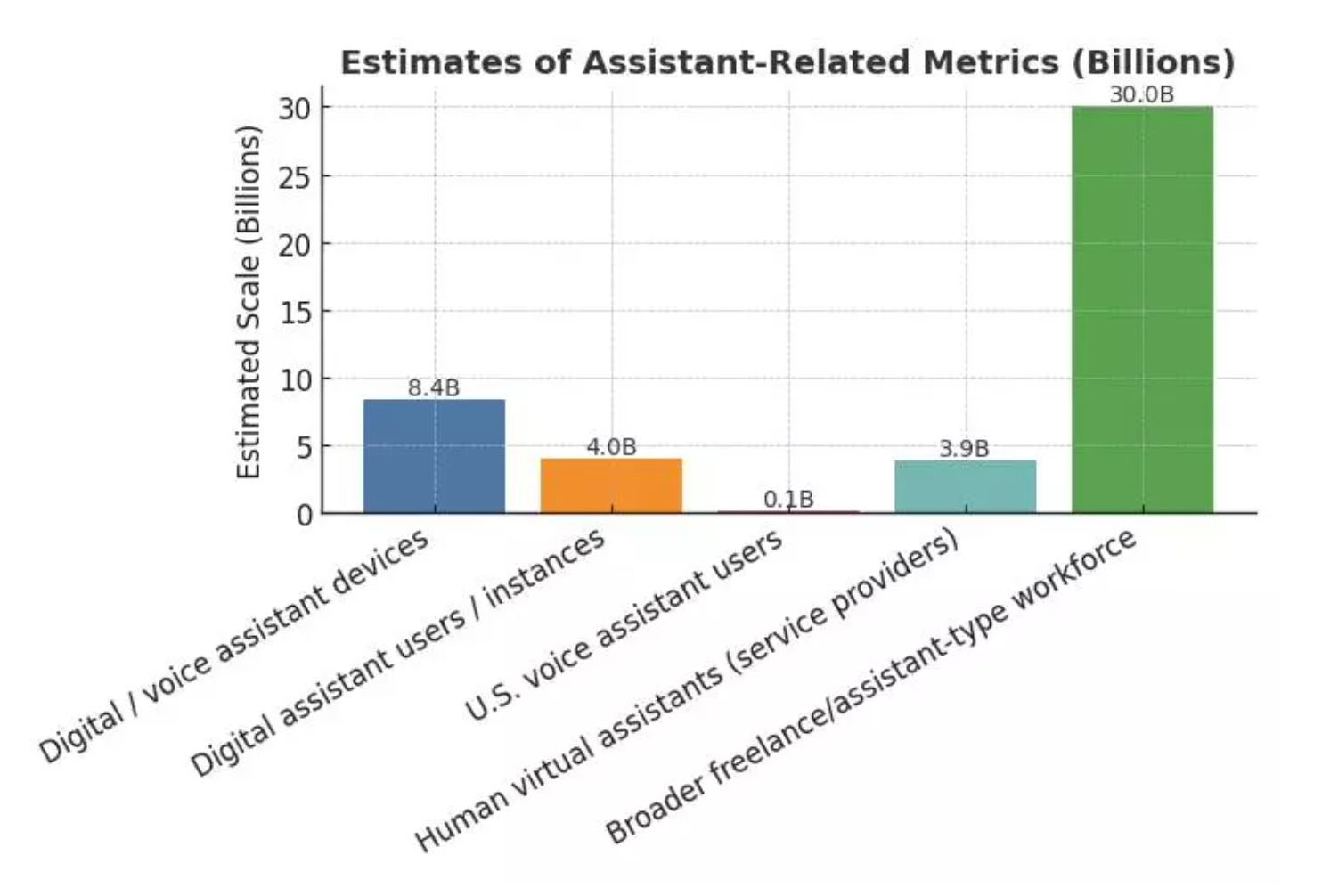
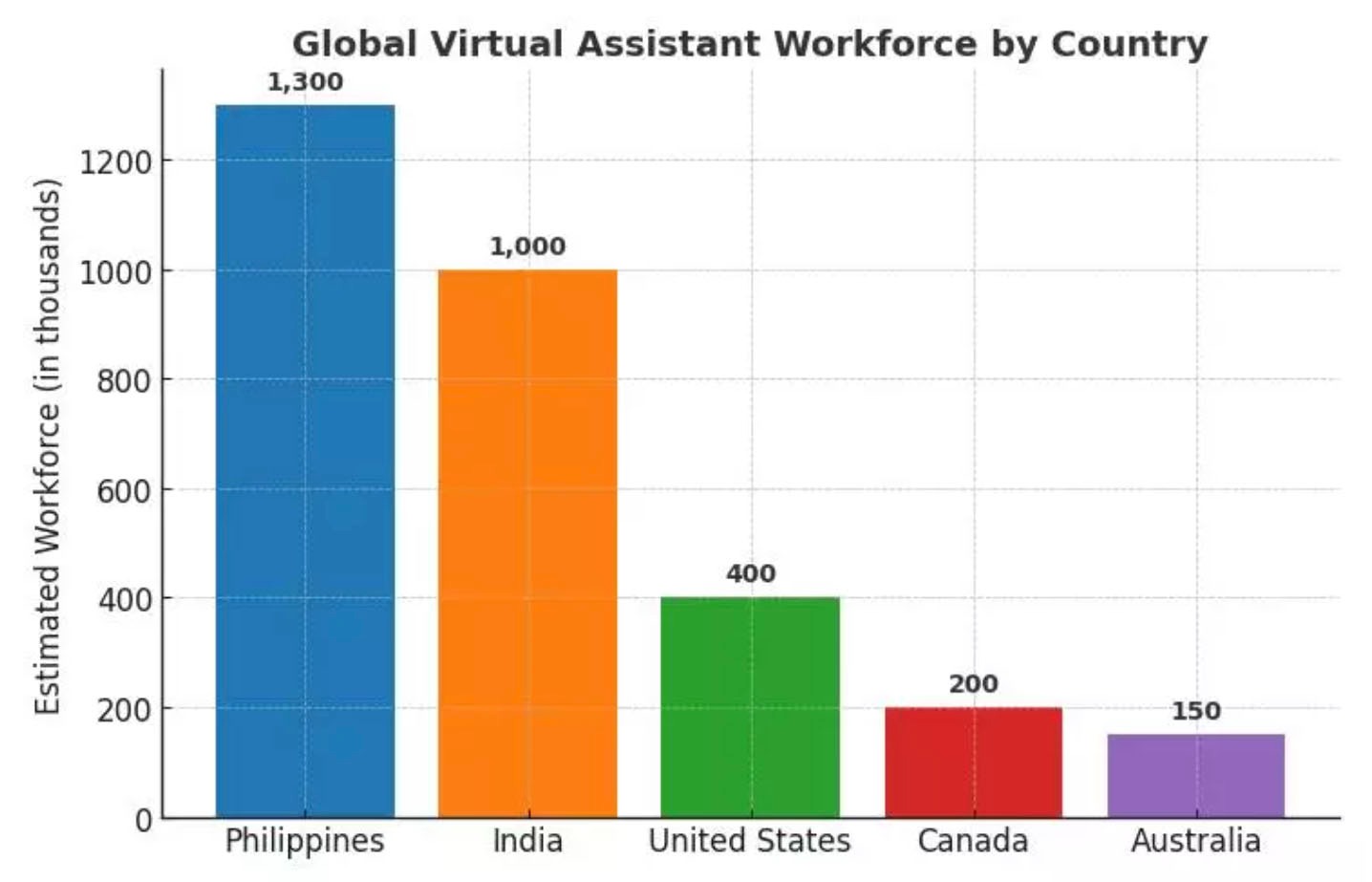
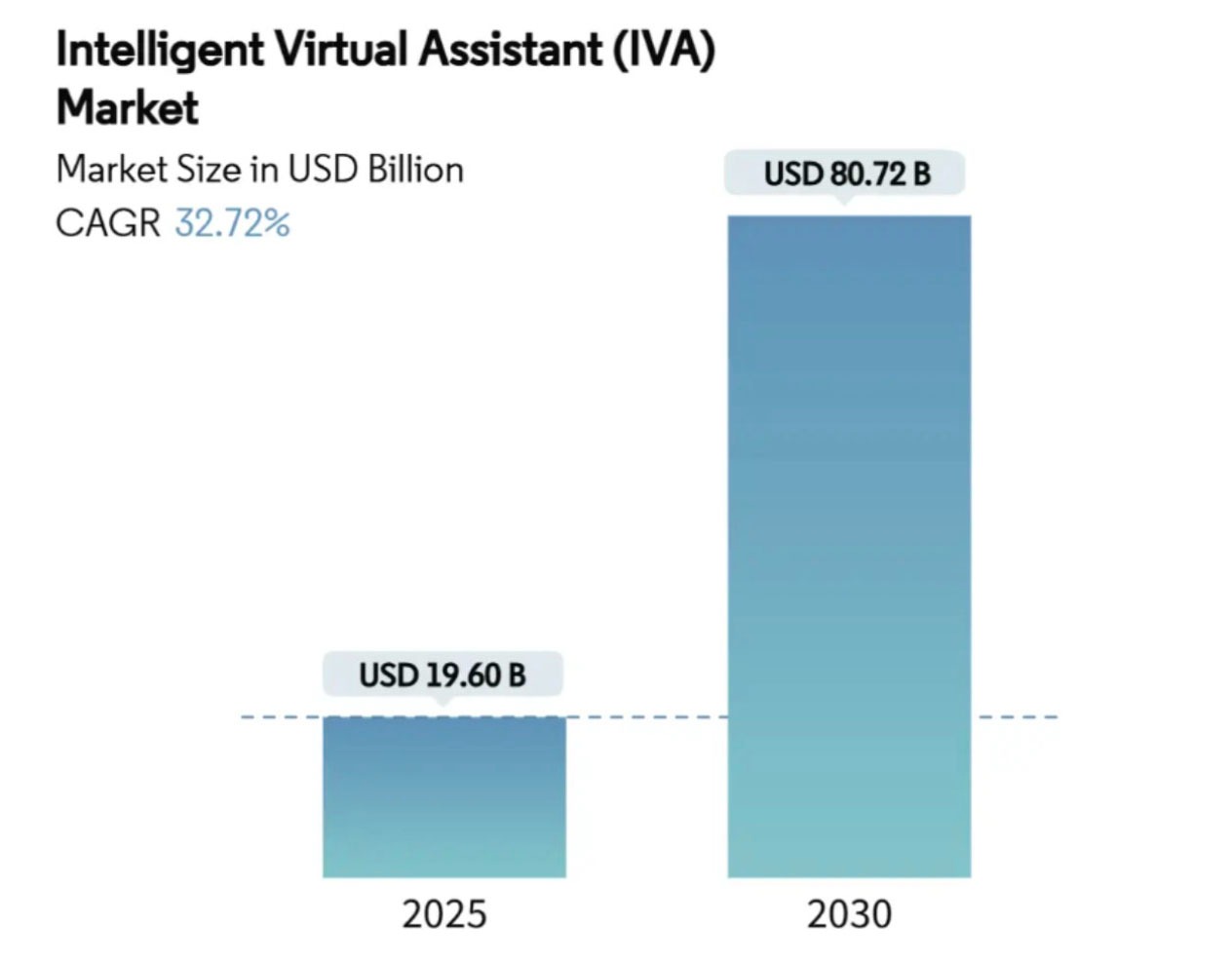












.svg)
.svg)






